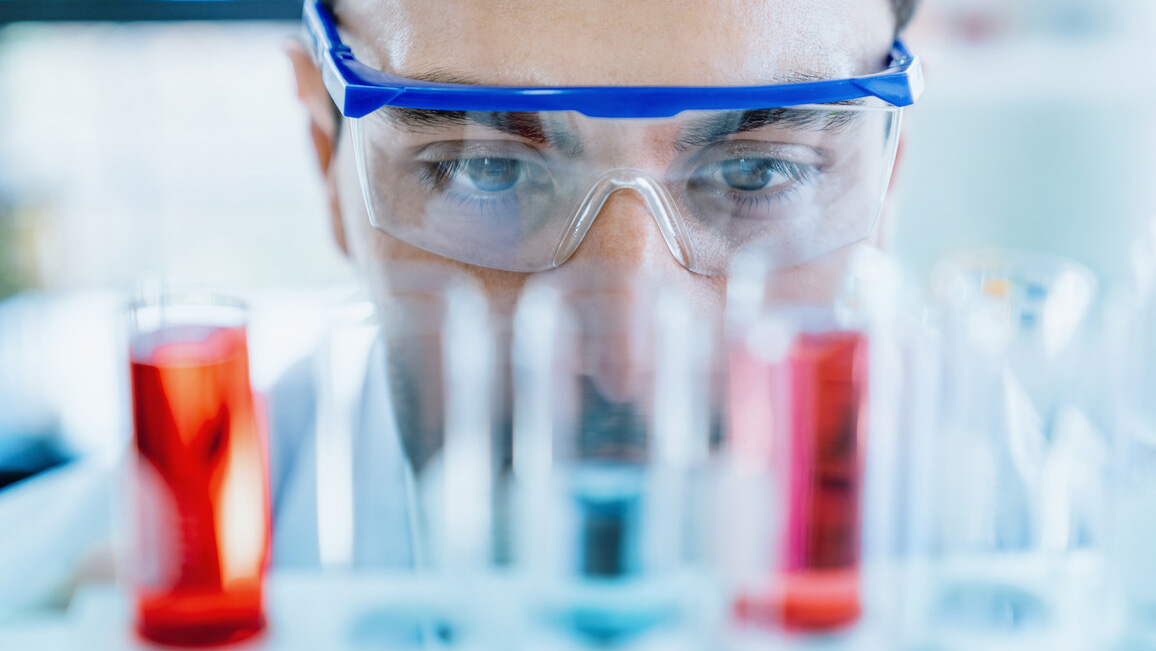The Joint Research Centre (JRC)
As an independent science and knowledge service within the European Commission, the Joint Research Centre (JRC) has a wide variety of tasks. All activities are dedicated to the overall goal of supporting evidence-based and science-driven policy making. The JRC is involved in the preparation, the formulation, the implementation and the checking of political decisions primarily by providing independent evidence and statistical data. The JRC contributes to Horizon Europe’s general objectives and priorities by
- providing direct scientific support to the Commission’s policy departments,
- developing standards and providing references to support the further development the EU Single Market,
- developing innovative tools and data banks and making them available to decision makers,
- anticipating emerging issues that need to be addressed at EU level,
- conducting foresight studies to support an anticipatory culture within the European Commission and
- sharing know-how and data with EU countries and the scientific community.
Around 3,000 scientists from greatly varied disciplines work either in the main office in Brussels (Belgium) or in one of five research facilities located in Ispra, (Italy), Petten (Netherlands), Geel (Belgium), Karlsruhe (Germany) and Sevilla (Spain). Since 2018, the JRC has been organised in a matrix-like structure. A growing number of geographically separated, virtual knowledge services aim to support policymaking by mobilising people, resources, data and know-how.
In addition, the JRC uses its scientific competences for cross-cutting and network-building activities in order to leverage and boost industry engagement, develop new knowledge and skills as well as to build strong partnerships with Member States and international stakeholders. Additionally, it supports EU candidate states’ preparations for entry into the Single Market and helps them meet European standards.
Within the field of nuclear science, the JRC’s work within the EURATOM Research and Training Programme and aims towards pursuing research, managing knowledge and providing training activities with an emphasis on nuclear safety and security.
JRC Infrastructures
Unlike other Commission Directorate Generals, the JRC also manages scientific infrastructures and nuclear facilities. This means the JRC has high-quality, state-of-the-art infrastructures, laboratory facilities and equipment at its disposal, including for example the High-Flux Reactor, one of the most powerful research and test reactors in Europe, and the Van-de-Graaff Accelerator, an electrostatic accelerator for the production of continuous or pulsed ion beams.
Additionally, the JRC operates a large number of public databases. For several years, the JRC has followed a strict open-access and open-data strategy regarding scientific publications and the data it collects. Furthermore, the JRC has been opening an ever-increasing number of infrastructures for scientific and commercial purposes upon request.
Cooperation opportunities


